Paraguay’s Sports Betting License Tender Draws Alleged Drug Trafficker Complaints
Posted on: September 19, 2022, 08:56h.
Last updated on: September 19, 2022, 10:01h.
The costs associated with the issuance of new sports betting licenses in Paraguay are sparking backlash from some potential candidates, including one group reported as having ties to drug trafficking.
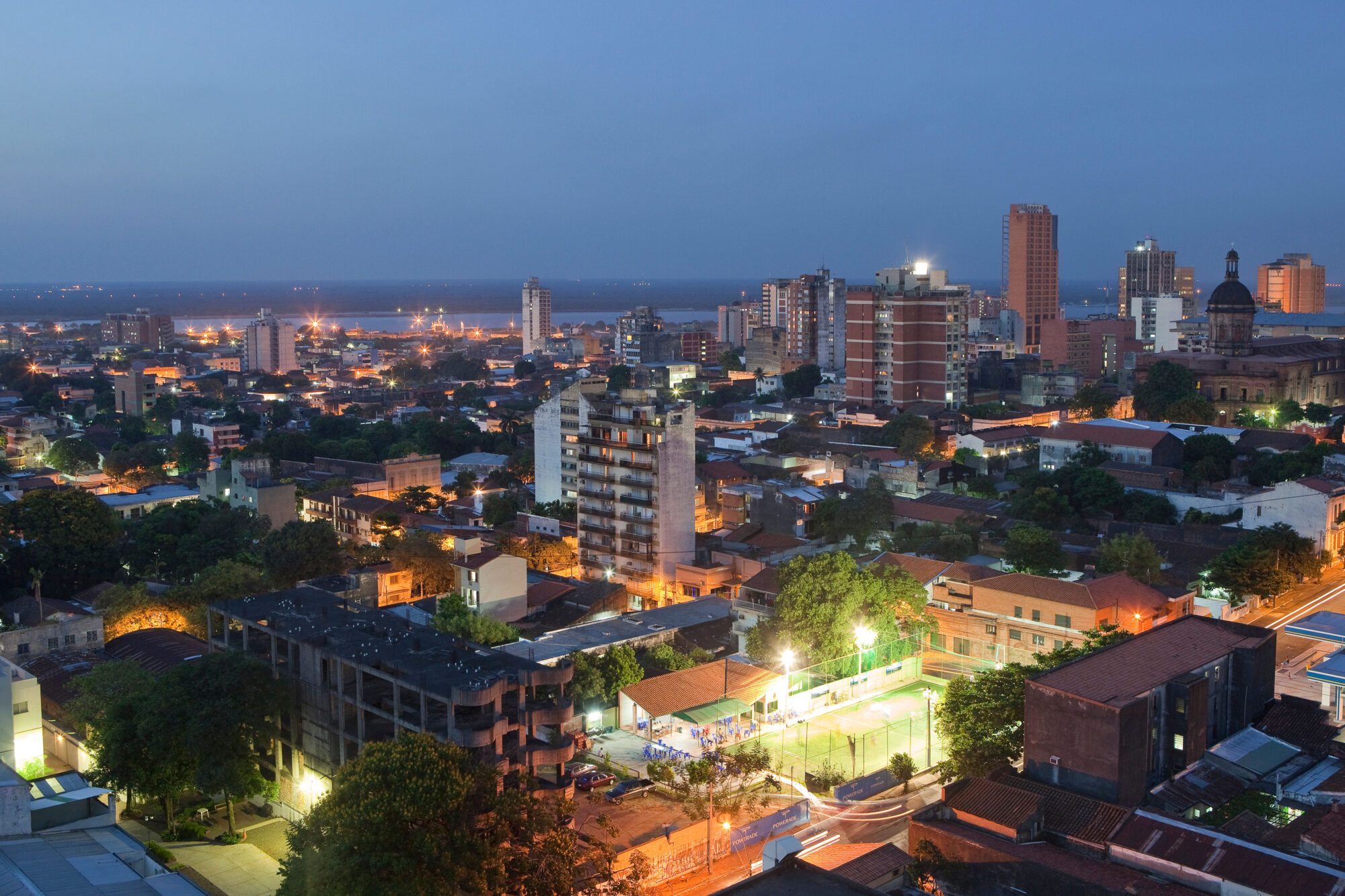
The legalization of sports betting and gambling in Paraguay hasn’t always had great results. There is still an entrenched illegal element that prevents the country from realizing its full potential.
One of the organizations questioning the sports betting tender is the Paraguayan Chamber of Games of Chance (APOJA, for its Spanish acronym), currently led by Aníbal Salomon. However, neither he nor the group’s founder is in a position to cast the first stone, according to local media outlet Ultimate Hora.
Drug Trafficking, Tax Evasion are SOP
Daruma Sam SA is currently the only sports betting concessionaire in Paraguay. It received its license in 2018 and will maintain its hold on the market until next year.
The National Gaming Commission (Conajzar, for its Spanish acronym) is facing legal challenges over the planned transition. The launch of the tender before a new gambling law has taken hold has some people crying foul.
Ultimate Hora reports that the man behind APOJA is Yossi Ben Ari, a drug trafficker out of Israel. He used a false identity — that of Ron Gamliel — to create the company, appearing as a successful businessman in hotels and other investments.
Ben Ari was a fugitive of Israeli justice for 28 years. He was wanted for the illegal importation of heroin, and operated as a businessman in the hotel sector under two false identities, Ron Gamliel or Don Rafael. Police picked him up in Panama and extradited him to Israel in September 2021.
The media outlet also cited news coverage from 15 years ago that discussed Salomon’s exploits. It states that he avoided paying PYG3 billion (US$430,534) in fees for electronic games, which forced him to close his premises.
He later reopened the business under another name to continue operating illegally. Ultimately, Salomon allegedly ran out of options and shut down again.
Now, he reportedly runs the APOJA without operating any casino activity. However, he questions why Conajzar calls for tenders for the legal and regulated operation of sports betting.
Salomon recently complained that the cost Conajzar expects is too high, and that only an established in-country company can meet the regulator’s demands. The cost of participating in the tender was a guarantee of PYG60.65 million (about $8,700).
Corruption Breeds Corruption
The alleged premature launch of the tender and Salomon’s involvement are two examples. However, they’re not the only ones.
Reports show that other business owners in Paraguay’s gaming ecosystem left millions of debts to the State. They did so by frequently changing the names of their companies to continue evading the Treasury.
There is now concern that Paraguay’s entire gambling market may be corrupt. A closer examination is likely coming, and Salomon may have painted a target on his back as well.
Related News Articles
Paraguay’s Gambling Regulator Launches Tender for Legal Sportsbooks
Paraguay Could Issue Exclusive Sports Betting License by Day’s End
Chile’s Supreme Court Orders Block of 23 Illegal Online Betting Sites
Most Popular
LOST VEGAS: ‘Tony The Ant’ Spilotro’s Circus Circus Gift Shop
Las Vegas Overstated F1 Race’s Vegas Impact — Report
Mega Millions Reportedly Mulling Substantial Ticket Price Increase
Las Vegas Strip Stabbing Near The Strat Leaves One Man Dead
Most Commented
-
End of the Line for Las Vegas Monorail
— April 5, 2024 — 90 Comments -
Mega Millions Reportedly Mulling Substantial Ticket Price Increase
— April 16, 2024 — 8 Comments -
Long Island Casino Opponents Love New York Licensing Delays
— March 27, 2024 — 5 Comments
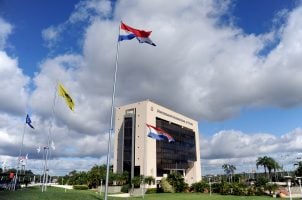
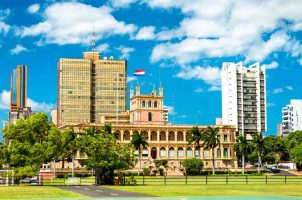
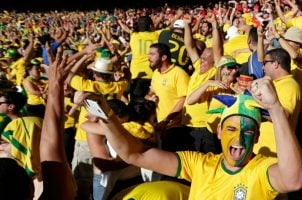
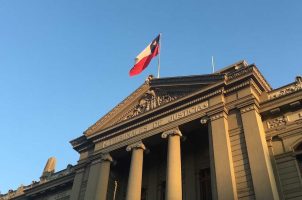












No comments yet